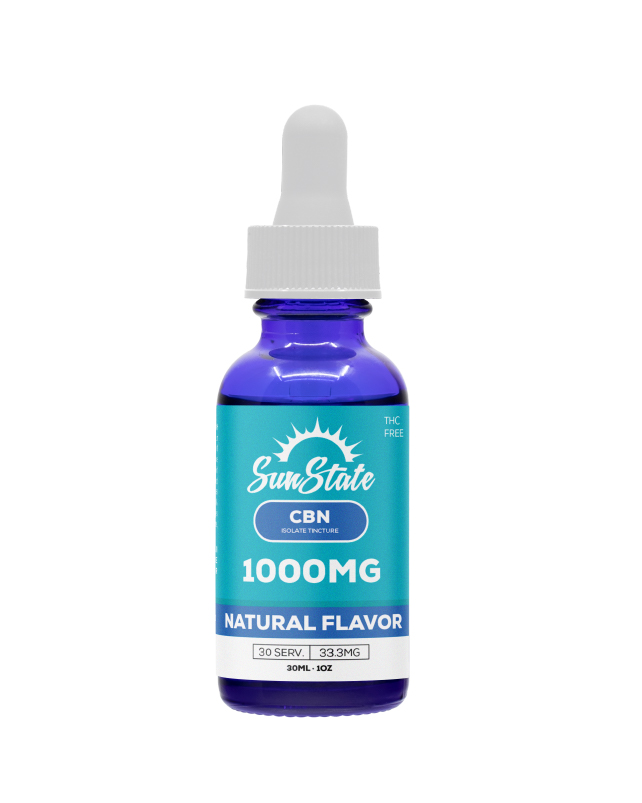Both CBD and CBN are cannabinoids, unique chemical compounds derived from plants of the Cannabis group.. CBN has been talked about more and more lately as companies try to uncover the next big hemp cannabinoid. But what is CBN, and how does it relate to other cannabinoids like CBD and THC? More importantly, what does CBN have to do with sleep? Let’s dive in and discover a little more about it, and why it’s being hailed as the best choice for a good night’s rest.
Before we talk about CBN, let’s understand what it isn’t. So, What is THC?
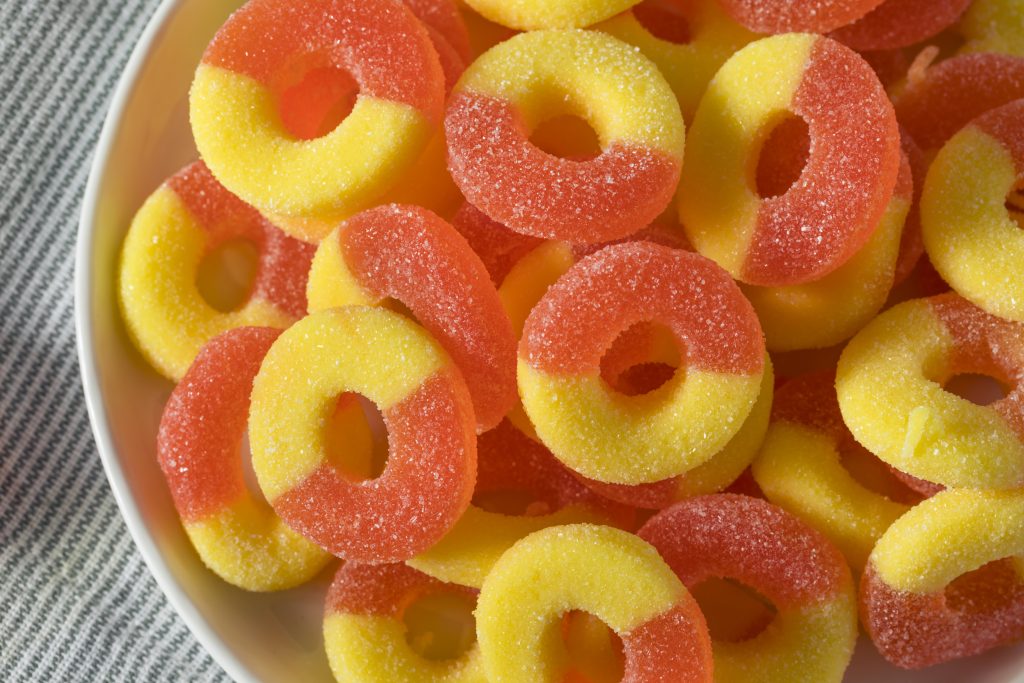
Delta-9-Tetrahydrocannabinol, more commonly known by its acronym THC (the Delta-9 part is sometimes omitted) is a psychoactive cannabinoid. THC stimulates the production of dopamine and reduces normal activity in the hippocampus. This produces minor cardiorespiratory effects and the “high” that many people enjoy after consuming cannabis products. This “high” is characterized by feelings of relaxation and euphoria.
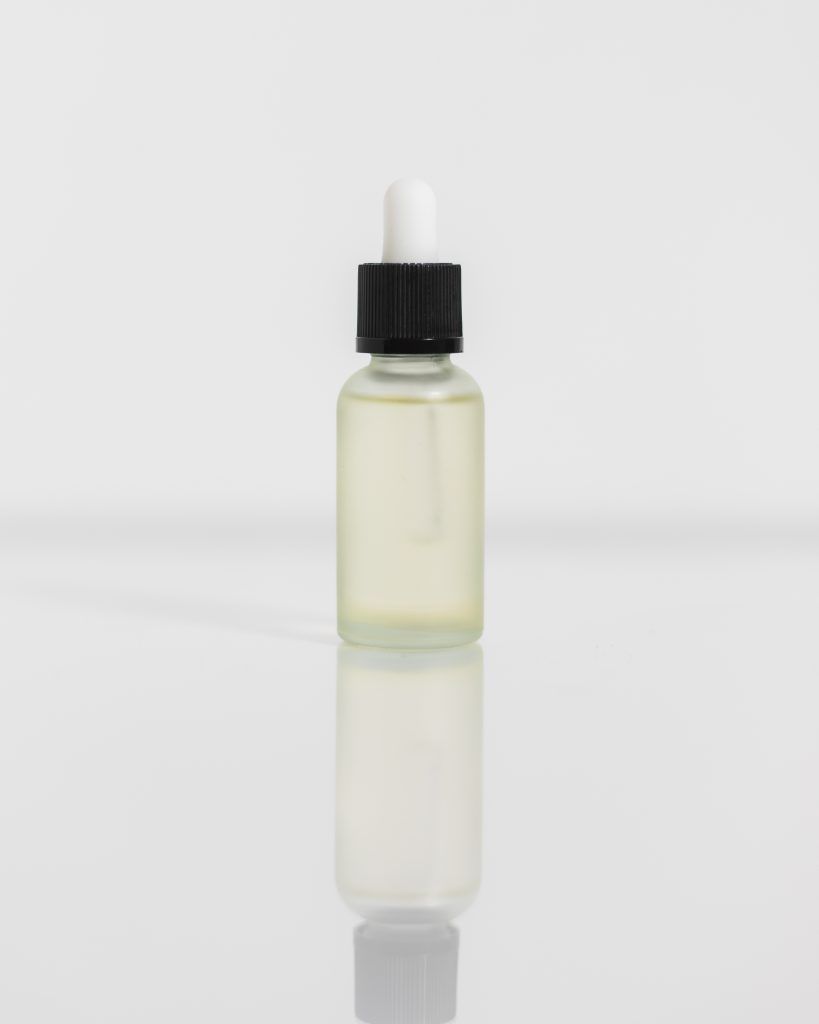
THC is the main cannabinoid found in cannabis (better known as marijuana). Marijuana is a Schedule 1 drug and is federally prohibited. In recent years however, it has seen increasing legalization efforts across the globe and the use of it medically and recreationally has greatly expanded. Statistics in the USA show that marijuana usage rates are up; 1 in 7 US Adults admitted to smoking it in 2017 so it’s understandable to think everyone and – quite literally – their mom is giving marijuana a shot. But what’s the reason for this?
The first reason is obvious: people enjoy the “high” that THC can offer. But there’s another viewpoint, and it’s becoming more and more popular: that cannabis isn’t just some drug, but can have benefits to your health. As mentioned above, within Cannabis plants are chemical compounds called cannabinoids. You now know THC – the other big one is CBD.
What’s the deal with CBD?
CBD stands for cannabidiol. It is the second most prevalent cannabinoid in cannabis. However, most of the CBD you’ll enjoy today comes from hemp. Hemp is a federally-legal form of the Cannabis plant that can be considered a ‘cousin’ to marijuana, and which has a naturally-low concentration of THC. Hemp has been grown for thousands of years, mostly for industrial purposes like paper, fibers, and clothing. However, because of its association with marijuana, hemp has been restricted for most of the last century.
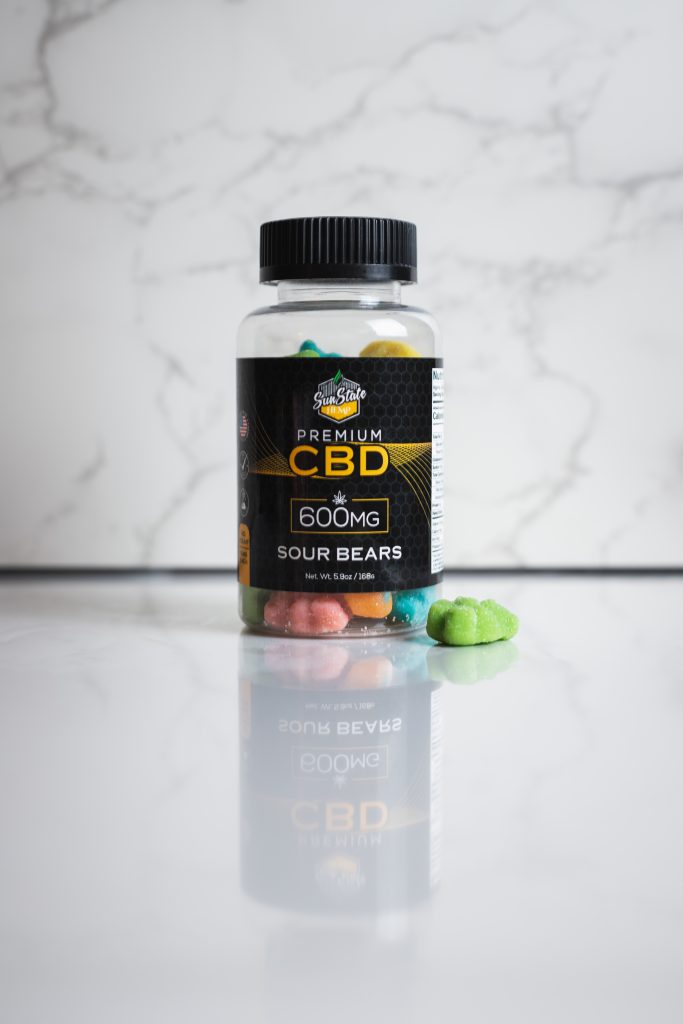
Much like THC, CBD attaches itself to receptors in the brain and other locations in the body. Consuming CBD creates an uptick in dopamine production, much like THC, but without altering hippocampus activity. The result is that CBD does not – and will not – get you high.
Because of this, and the legalization efforts over the years, CBD has flourished. Today you can enjoy CBD in topical products, taken orally as oil drops or in edibles, use it with vape devices, or through many other methods as well.

Why does the difference matter?
Since stigma still surrounds marijuana use regardless of legality, many people see anything that comes from the hemp or marijuana plant as ‘immoral’ or dangerous. However, CBD-rich or CBD-exclusive products need to be seen in a separate light from THC.
As CBD does not induce a “high”, many people can try these products without concern about being “stoned” or coming across as a drug abuser. More CBD research and products are being developed every day, as people come to recognize the benefits of hemp-derived cannabinoids.
So, what is CBN?
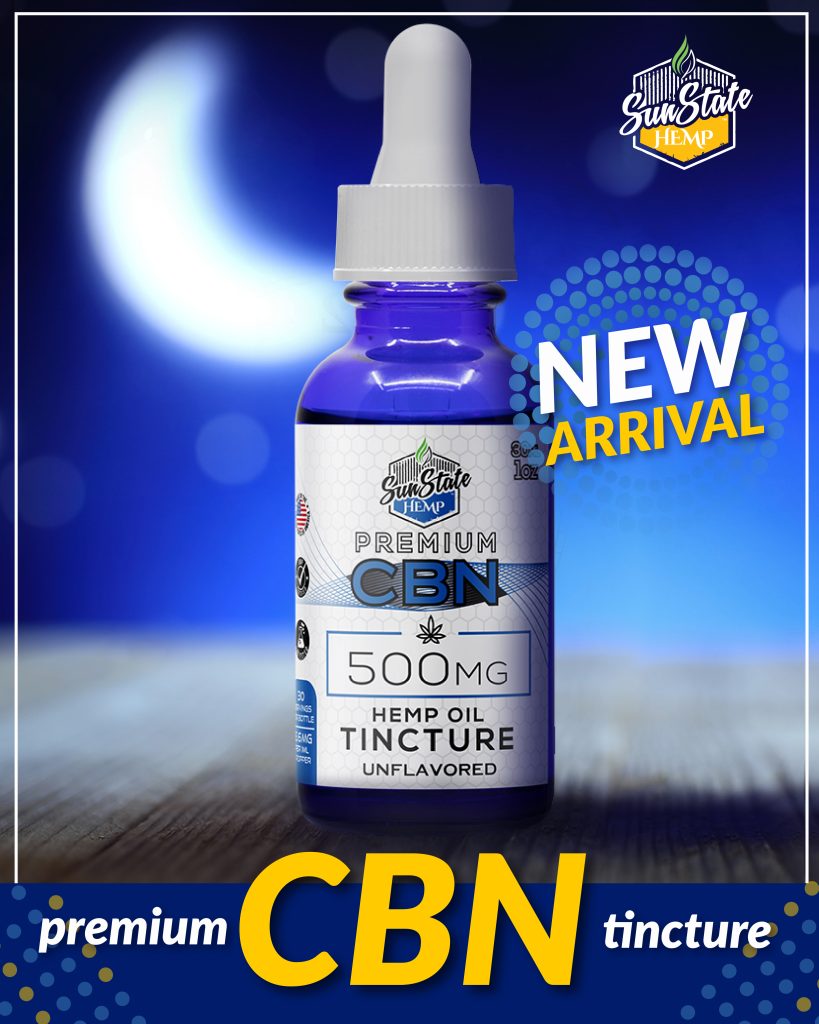
CBN is unique because it wasn’t found in high concentrations of hemp. Instead, it was found in decomposing plant matter. CBN forms when THC degrades over due to exposure to heat, air, and/or light. This is why higher levels of CBN can be found in aged, dry cannabis. However, CBN isn’t known to cause the intoxicating psychoactive effects associated with THC.
How does the combination of CBD and CBN impact your sleep? That’s still up in the air, though there have been promising studies in the past. Published in 1975, this study has often been cited, though it’s not exactly a perfect indication. The study only looked at 5 subjects, and only tested CBN in conjunction with THC. Most research is limited, but CBN has shown similar interactions with our bodies as CBD. As a cannabinoid, it can interact with a host of our bodies’ functions – sleep, mood, energy, digestion, immune system – via our Endocannabinoid System. While CBN may not exactly be the “sweet dreams” cannabinoid other companies say it is, that doesn’t mean more research won’t show up in the future.
For more information, and to purchase the best quality CBD and CBN products in the USA, visit our site at www.sunstatehemp.com, and don’t forget to check our reviews.

